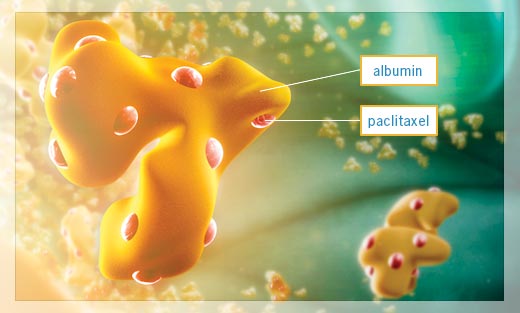Why Abraxane® for pancreatic cancer should be included in the Cancer Drugs Fund
Last evening I attended a dinner at the House of Commons at the request of Eric Ollerenshaw MP, the Secretary of the All Party Parliamentary Group on Pancreatic Cancer. Along with me were interested parliamentarians, specialist clinicians, pharmaceutical representatives and charity representatives. Dr. Sean Duffy, National Clinical Director for Cancer Services, NHS England was also in attendance.
We were there to discuss not only the issues surrounding pancreatic cancer in general, including the need for earlier diagnosis and increased research funding, but also to explore the lack of novel treatments for the disease.

Abraxane® was licensed for use in patients in the USA at the end of last year and in Europe earlier this month. This followed recently published data from the IMPACT clinical trial which showed that Abraxane®, in combination with gemcitabine, can extend a patient’s life by an average of 2.1 months, although in some patients it was shown to be significantly longer – up to 2-3 years.
On the face of it 2.1 months doesn’t sound like much, but for patients who on average face only a 4-6 month life expectancy on diagnosis, this can be a big deal.
However, it is not the extra two months that is important here. Let’s not forget, the 2.1 months is an average figure – a closer look at the data will show that there are some patients who have lived more than 2 years on this trial with metastatic pancreatic cancer (cancer that’s spread to other parts of the body) using this regimen, doubling the number of patients who live two years or more (in comparison to those receiving gemcitabine alone). That is the potential hope this drug combination can give patients.
Chronic underfunding for pancreatic cancer research has meant that there has been no newly licensed drug for use in pancreatic cancer over the past 17 years.
There has however, been a triplet combination of drugs that has recently been shown to be effective in metastatic pancreatic cancer called FOLFORINOX. These are not new drugs but drugs that have been available for many years. And while this regimen on the face of it gives hope, the side effects are extremely toxic, so only those patients who are very fit and well can tolerate it making it available for only a select few.
Abraxane® could allow those whose fitness may not be up to FOLFIRINOX to have an alternative to the standard of care: gemcitabine alone.
Another issue that has always been with the standard treatment ( gemcitabine alone), is that only 10% of patients will respond to the treatment, rendering it next to useless for the majority. We have seen from the trial data and from anecdotal evidence from oncologists that far more people respond to Abraxane® in combination with gemcitabine, offering the hope that this treatment could really have an impact on improved survival.
The UK now has a license in the UK for the use of Abraxane® in combination with gemcitabine for advanced pancreatic cancer. However, it is currently only available for private patients. Why is that? Well, it is because the process involved in getting new drugs approved for use in the NHS involves a lengthy consultation process with the National Institute for Health and Care Excellence (NICE). A decision on the use of Abraxane® for pancreatic cancer may not be made until the end of 2014.
In the meantime, NHS patients – which make up the majority of pancreatic cancer sufferers – will be denied access to Abraxane® unless the Cancer Drugs Fund includes it in its list.
The hearing for CDF inclusion is on March 6th. I will be there to represent patients now and in the future and I strongly urge the CDF Committee who will be making their decision as to whether they will fund Abraxane® for pancreatic cancer patients to listen to our arguments and include it in the list.
Ali Stunt
Founder & Chief Executive
Pancreatic Cancer Action